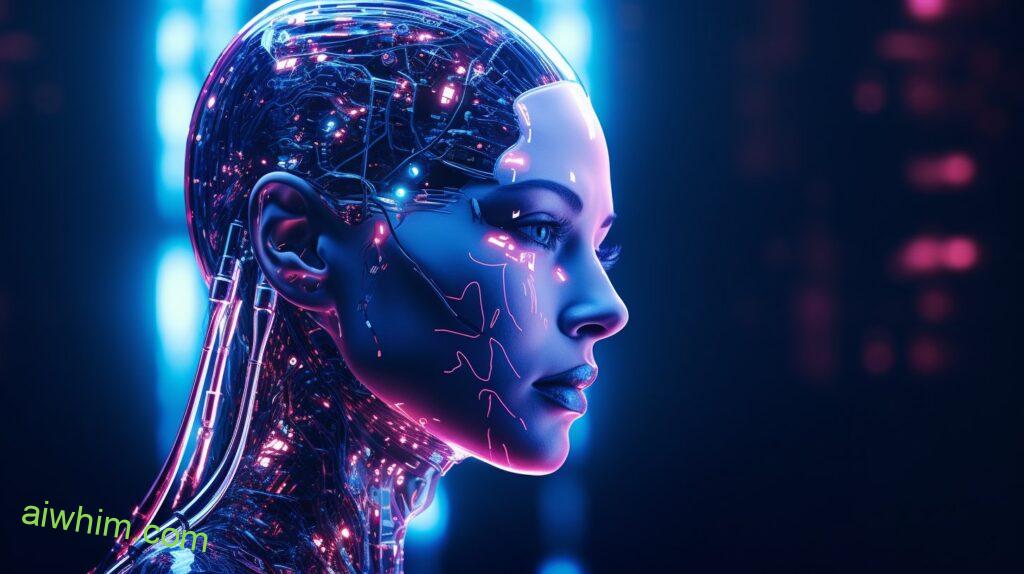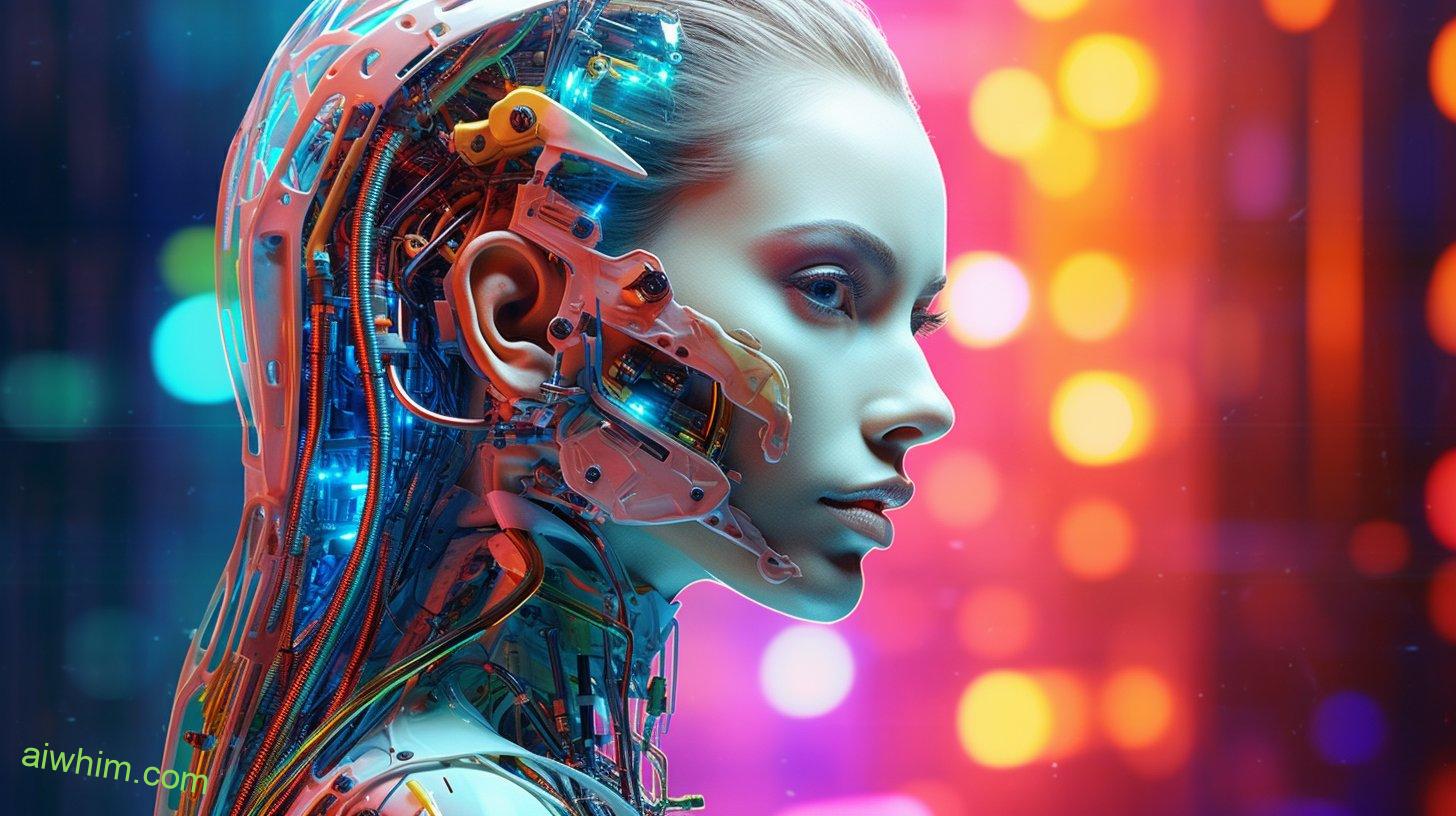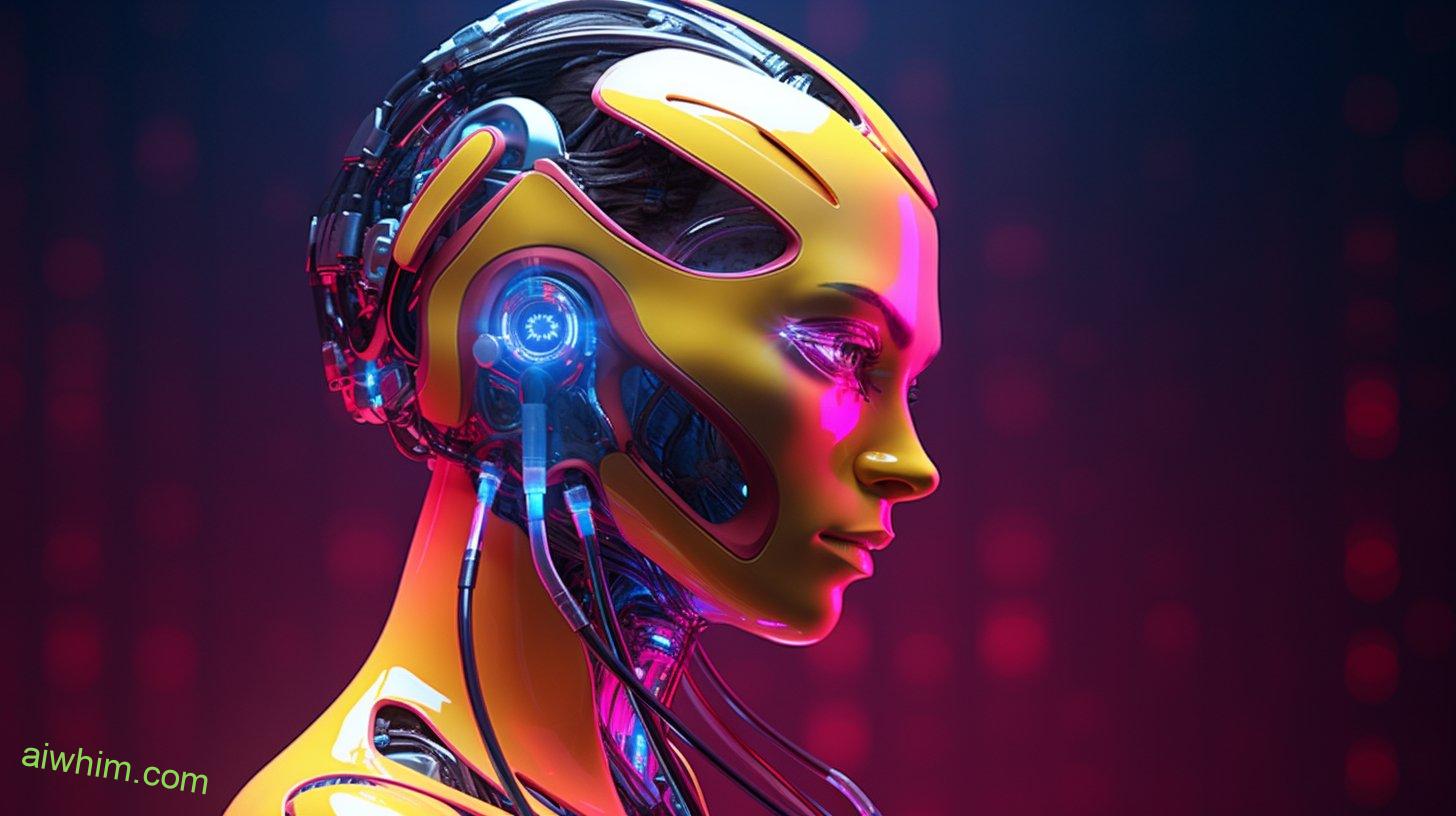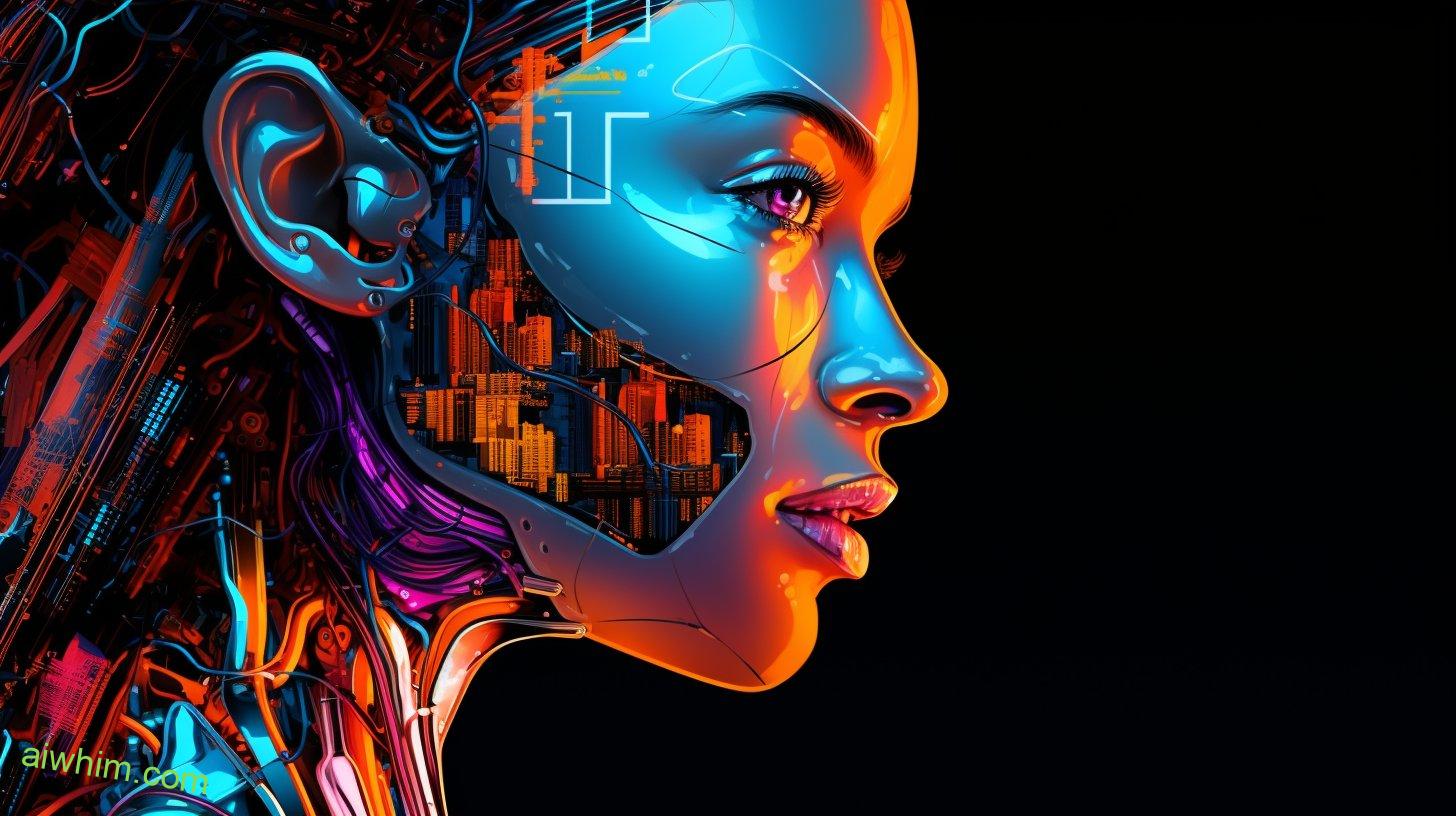Are you ready to explore the intriguing question of whether AI can effectively replace elementary school teachers?
Get ready to dive into the world where technology meets education, where artificial intelligence holds the promise of transforming the way we learn.
In this article, we will examine the advantages and limitations of AI in the classroom, the importance of human connection in education, and the potential impact on student engagement.
So, buckle up and let’s embark on this thought-provoking journey together.
Key Takeaways
- AI technology in elementary education can tailor the curriculum to individual needs and interests, providing personalized learning paths for students.
- While AI can revolutionize elementary school student assessment and provide immediate feedback, it lacks emotional intelligence and struggles with unexpected situations or unique student needs.
- The importance of human connection in elementary school education cannot be overlooked, as it fosters a supportive learning environment, positively impacts student well-being, and allows for personalized teaching based on individual needs.
- Combining AI technology with the expertise of elementary school teachers can create a more effective and well-rounded educational experience, where AI enhances certain aspects of education while teachers provide emotional support and adaptability.

The Role of AI in Elementary Education
In elementary education, AI can play a significant role in enhancing the learning experience for you. Imagine having a curriculum tailored to your individual needs and interests, with AI technology guiding you every step of the way. AI in curriculum can provide personalized learning paths, ensuring that you receive the education that best suits your learning style and pace. No more feeling left behind or bored because the material is too easy.
With AI, you’ll have access to a wealth of educational resources, interactive lessons, and engaging activities that make learning fun and engaging.
AI can also revolutionize student assessment. Traditional assessments often rely on standardized tests, which can be stressful and may not accurately reflect your knowledge and skills. AI in student assessment can provide continuous feedback and adaptive testing, allowing you to demonstrate your understanding in real-time. Imagine receiving immediate feedback on your assignments and exams, helping you identify areas that need improvement and providing suggestions for further study. AI can also track your progress over time, providing you and your teachers with valuable insights into your academic growth.
With AI in elementary education, you’ve the freedom to learn at your own pace, explore topics that interest you, and receive personalized feedback and support. AI technology can enhance the learning experience by tailoring the curriculum to your individual needs and providing continuous assessment.
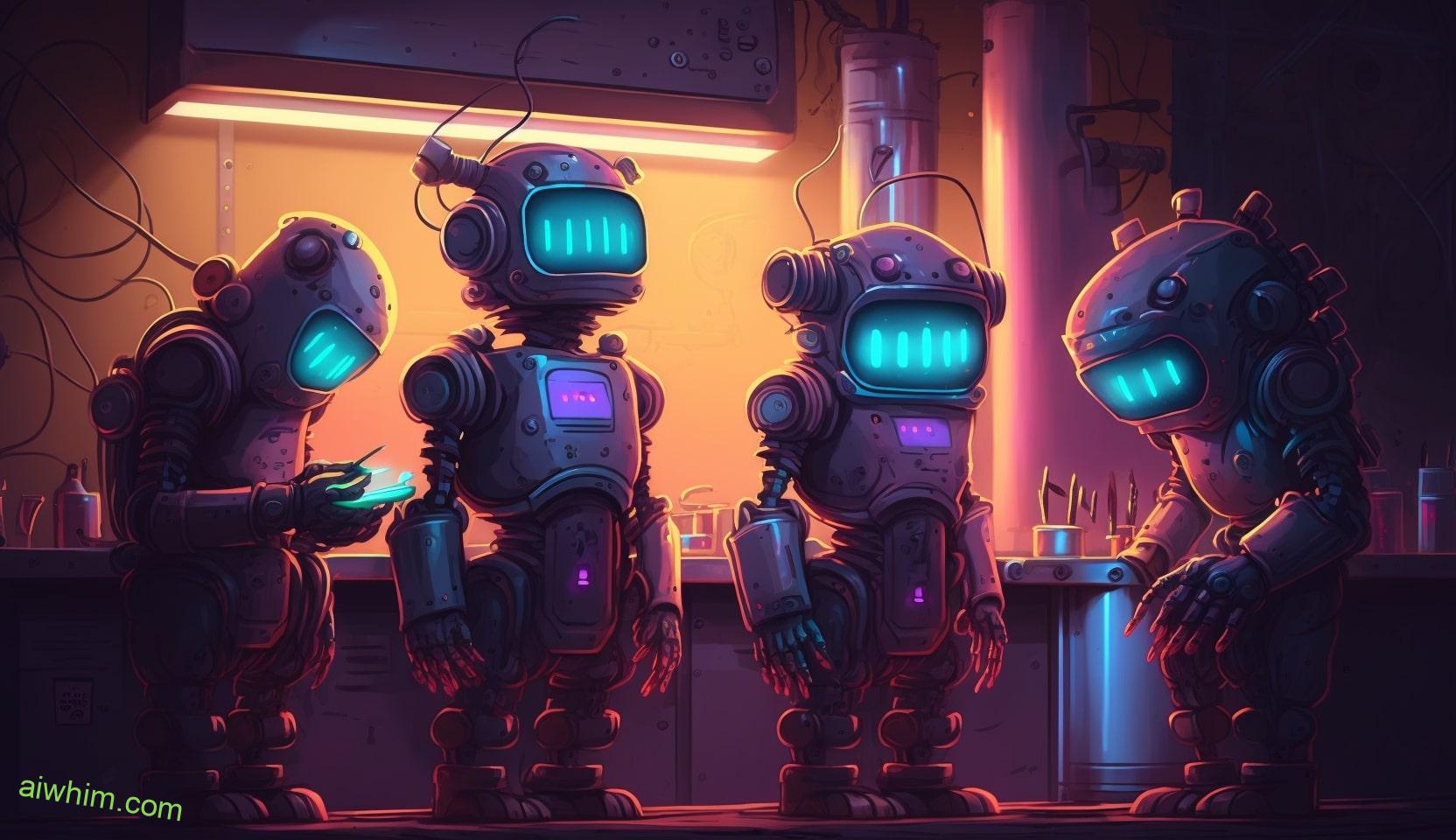
Advantages of AI in the Elementary School Classroom
You’ll find that the advantages of using AI in the classroom are numerous. AI technology has the potential to revolutionize education, providing a range of benefits that can greatly impact students and teachers alike. Let’s take a closer look at some of these advantages:
| Advantages of AI in the Classroom | Impact |
|---|---|
| Personalized Learning | AI can create personalized learning experiences for students, tailoring lessons and activities to meet their individual needs and learning styles. This allows students to learn at their own pace and focus on areas where they may be struggling. |
| Enhanced Student Engagement | AI can provide interactive and engaging learning experiences, making education more fun and appealing to students. This can help improve student motivation and encourage active participation in the learning process. |
| Intelligent Tutoring Systems | AI-powered tutoring systems can provide students with immediate feedback and guidance, helping them to better understand and master difficult concepts. This personalized support can greatly enhance the learning experience and improve academic performance. |
| Efficient Administrative Tasks | AI can automate administrative tasks such as grading and record keeping, saving teachers valuable time and allowing them to focus more on teaching and supporting their students. This can lead to increased efficiency and productivity in the classroom. |
| Data-Driven Decision Making | AI can analyze large amounts of data to identify patterns and trends, helping teachers make informed decisions about their instruction. By utilizing data-driven insights, teachers can better understand student progress and tailor their teaching strategies accordingly. |
As you can see, the impact of AI in the classroom can be significant. It has the potential to transform education by providing personalized learning experiences, enhancing student engagement, and improving administrative efficiency. By incorporating AI technology into the classroom, teachers can better meet the individual needs of their students and create a more effective and engaging learning environment. Embracing AI in education can lead to a more flexible and dynamic approach to teaching, empowering both students and teachers to reach their full potential.
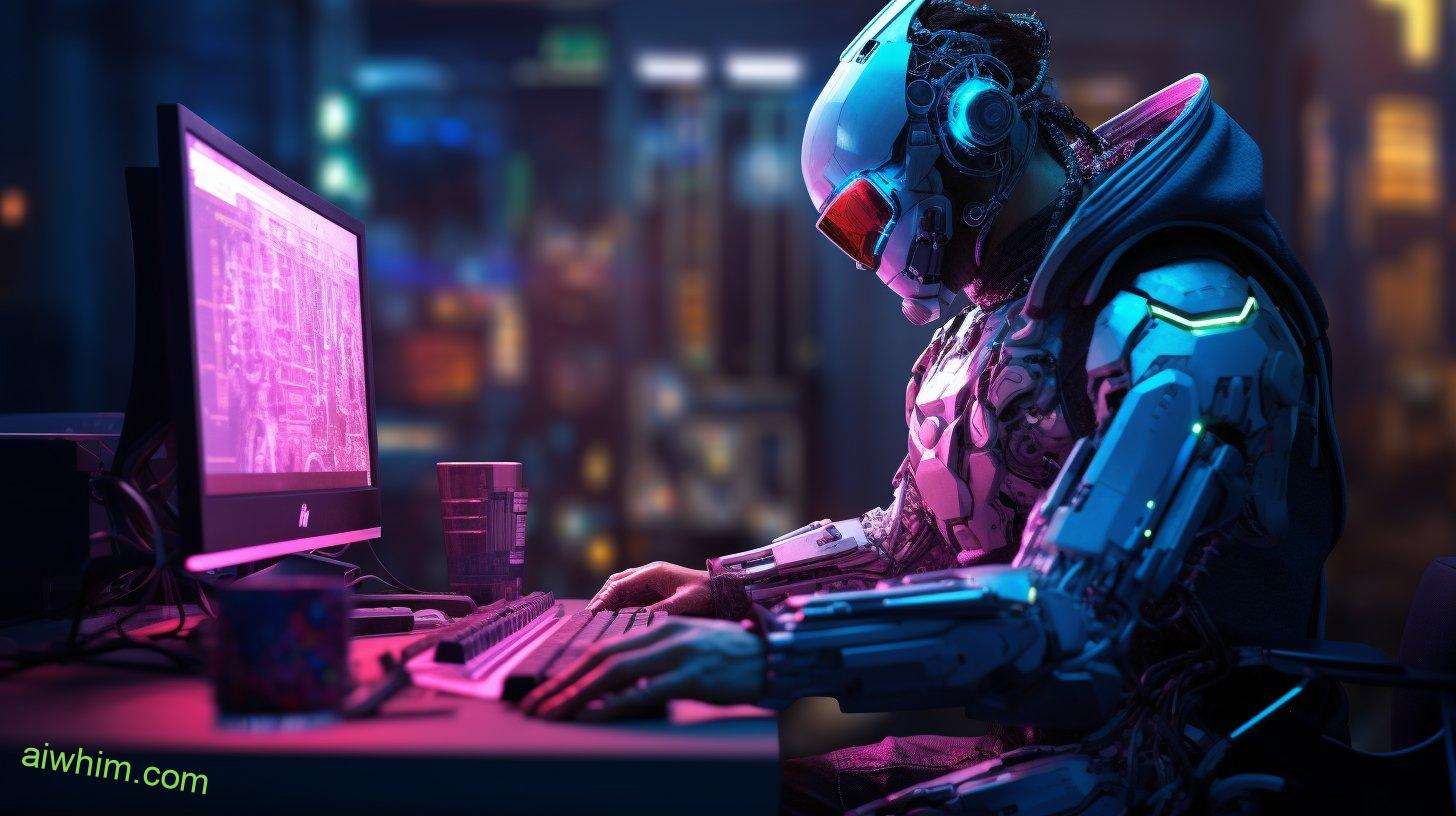
Limitations of AI in Elementary School Teaching and Learning
Don’t overlook the limitations of using AI in teaching and learning. While AI technology has its advantages, it’s crucial to understand its limitations and challenges.
AI can provide personalized learning experiences and assist in automating administrative tasks, but it can’t fully replace the role of an elementary school teacher.
One of the main limitations of AI in education is its lack of emotional intelligence. AI lacks the ability to empathize with students and understand their individual needs and emotions. This human connection is vital in creating a supportive and nurturing learning environment, especially for young children. Teachers can provide emotional support, encouragement, and motivation that AI simply can’t replicate.
Another challenge is the adaptability of AI. Although AI can be programmed to adapt to different learning styles, it may struggle to handle unexpected situations or unique student needs. Teachers have the flexibility to adjust their teaching methods on the spot, tailoring their approach to meet the specific needs of their students. This adaptability is essential in helping students grasp difficult concepts and fostering critical thinking skills.
Furthermore, AI’s reliance on data and algorithms raises concerns about privacy and security. The collection and analysis of student data can potentially expose sensitive information and compromise student privacy. Teachers, on the other hand, prioritize the well-being and privacy of their students, ensuring a safe and secure learning environment.
While AI can enhance the learning experience, it’s essential to recognize its limitations. Elementary school teachers play a vital role in education, providing emotional support, adaptability, and a human connection that AI can’t replicate. By combining the strengths of AI technology with the expertise of teachers, we can create a more effective and well-rounded educational experience for our students.

The Importance of Human Connection in Education
Creating a strong human connection in education is crucial for fostering a supportive and nurturing learning environment. As a student, your well-being and social-emotional development are deeply intertwined with the human connections you form in school. While technology and artificial intelligence can enhance certain aspects of education, they can’t replace the fundamental need for human connection.
When you’ve a strong connection with your teachers, it creates a sense of belonging and trust. You feel seen, heard, and valued as an individual. This, in turn, positively impacts your well-being. When you feel supported and connected, you’re more likely to engage in learning, take risks, and grow academically and personally. Human connection allows for empathy, understanding, and emotional support, which are essential for your social-emotional development.
Teachers play a vital role in establishing these connections. They aren’t just conveyors of knowledge; they’re mentors, role models, and advocates for your overall development. Through their presence, guidance, and genuine care, they can help you navigate challenges, build resilience, and develop essential life skills. Their ability to connect with you on a personal level allows them to tailor their teaching to your unique needs, strengths, and interests.
While technology can provide access to information and facilitate certain educational tasks, it lacks the ability to truly understand and respond to your emotions, experiences, and individual needs. It can’t replace the warmth of a smile, the reassurance of a comforting presence, or the power of a supportive conversation.
Human connection in education is irreplaceable and indispensable for your well-being and social-emotional development. Embrace it, cherish it, and lean on it as you continue your educational journey.
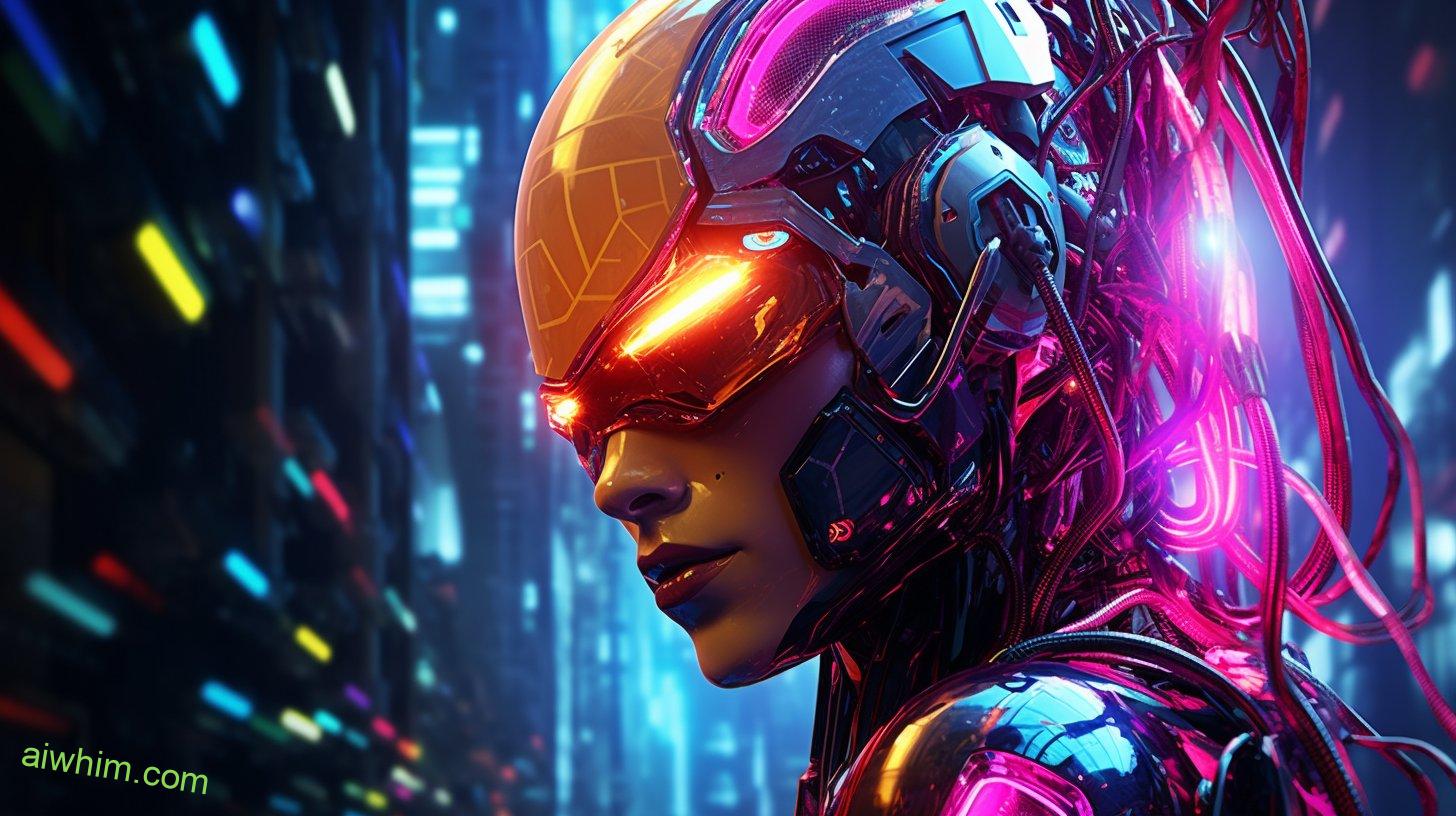
Potential Impact of AI on Student Engagement
As a student, your engagement and motivation may be impacted by the integration of artificial intelligence (AI) in education. While AI has the potential to revolutionize the learning experience, it also poses certain challenges that can affect your motivation and creativity.
Here are three ways in which AI’s impact on student motivation and creativity can be both positive and negative:
- Personalization: AI can analyze your learning patterns and provide personalized recommendations, which can enhance your motivation to learn. However, if the AI system becomes too rigid and limits your choices, it may hinder your creativity and prevent you from exploring different perspectives.
- Instant feedback: AI can provide immediate feedback on your assignments, allowing you to track your progress and make necessary improvements. This can boost your motivation to excel. On the other hand, if the feedback is solely based on predetermined criteria and lacks human nuance, it may stifle your creative thinking and discourage you from taking risks.
- Individualization vs. Collaboration: AI can facilitate individualized learning experiences tailored to your needs, fostering a sense of freedom and independence. However, it’s important to strike a balance between individualization and collaboration, as social interaction and teamwork play a crucial role in developing creativity and critical thinking skills.
While AI has the potential to enhance student motivation and creativity, it’s important to ensure that it’s used as a tool to support and empower you, rather than replace human interaction and freedom of expression. By embracing AI in education with a mindful approach, we can harness its benefits while preserving the essential elements that make the learning experience truly enriching.

Ethical Considerations of AI in Elementary School Education
When considering the integration of artificial intelligence in education, it’s essential for you to be aware of the ethical implications it may raise. While AI has the potential to revolutionize the way we teach and learn, it also presents challenges in terms of student privacy and the potential for bias in educational settings.
One of the main concerns with AI in education is the impact on student privacy. As AI systems collect and analyze vast amounts of data about students, there’s a risk that their personal information could be compromised. It’s crucial for educators and policymakers to establish clear guidelines and regulations to protect student privacy and ensure that the data collected is used responsibly.
Furthermore, AI’s potential for bias in educational settings is another ethical consideration. AI algorithms are created by humans and can inherit the biases of their creators. If not carefully designed and monitored, AI systems could perpetuate existing inequalities and prejudices. For example, an AI-powered grading system might unintentionally favor certain groups of students over others. It’s crucial to closely examine the algorithms and data used in AI systems to prevent bias and ensure fairness in education.
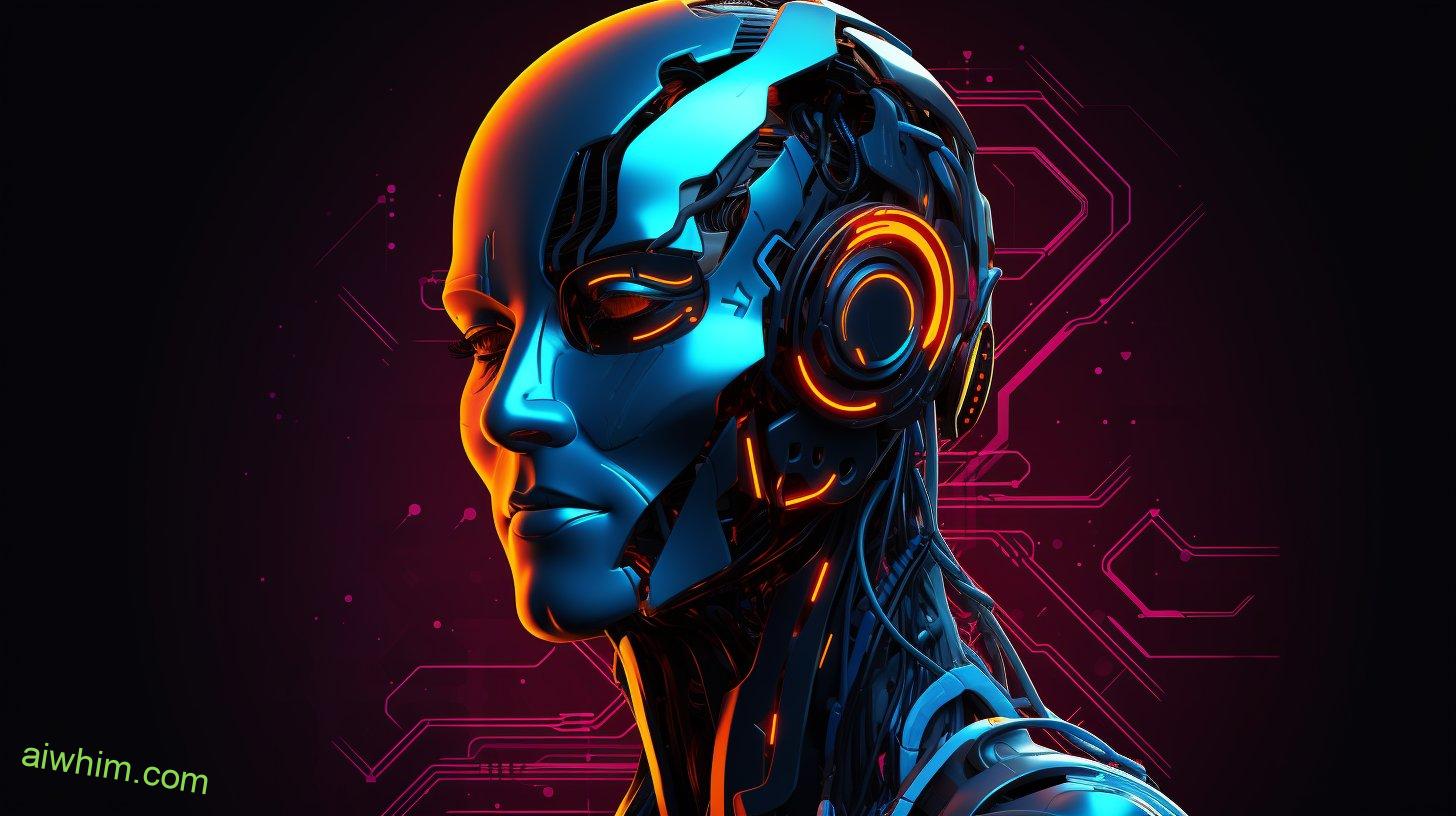
Enhancing Personalized Learning With AI Technology
To enhance your personalized learning experience, AI technology can adapt to your individual needs and provide tailored feedback and resources. Here’s how AI can revolutionize the way you learn:
- Personalized Assessment: AI technology can assess your knowledge and skills in real-time, allowing for personalized assessment that goes beyond traditional standardized tests. This means that you won’t be limited to a one-size-fits-all approach. Instead, you’ll receive feedback that’s specific to your strengths and weaknesses, enabling you to focus on areas that need improvement.
- Adaptive Curriculum: With AI, you can say goodbye to the one-size-fits-all curriculum. AI algorithms can analyze your learning patterns and preferences to create a curriculum that’s tailored to your individual needs. This means that you’ll have access to content and resources that are relevant and engaging to you, making your learning experience more enjoyable and effective.
- Continuous Improvement: AI technology is constantly learning and evolving. As it gathers more data about your learning habits, it can adapt and refine its recommendations to better suit your needs. This continuous improvement ensures that you’re always receiving the most relevant and up-to-date resources, maximizing your learning potential.
By harnessing the power of AI, you’ve the freedom to learn at your own pace and in a way that suits your unique learning style. With personalized assessment and an adaptive curriculum, you can take control of your education and achieve your full potential.
Embrace the freedom of AI and unlock a world of personalized learning possibilities.

Balancing AI and Human Interaction in the Classroom
You can strike a balance between utilizing AI technology and fostering human interaction in the classroom to create a well-rounded learning environment.
Integrating technology into education has become increasingly important in today’s digital age. Virtual learning platforms and AI tools have the potential to enhance the educational experience by providing personalized learning opportunities and access to a wealth of information.
However, it’s crucial to remember that human interaction plays a vital role in student development. While AI technology can provide instant feedback and adaptive learning experiences, it’s essential to supplement this with face-to-face interactions. Human teachers bring a unique perspective, empathy, and emotional connection that AI can’t replicate. They can create a safe and supportive environment where students feel valued and understood. Through personal interactions, teachers can identify individual strengths and weaknesses, offer guidance, and provide encouragement.
To strike a balance, educators can integrate AI technology into their teaching methods while still prioritizing human interaction. Virtual learning platforms can be used to supplement classroom instruction and provide additional resources for students. However, it’s crucial to ensure that these tools don’t replace meaningful human connection. Teachers should continue to facilitate discussions, encourage collaboration, and provide opportunities for students to engage with one another.
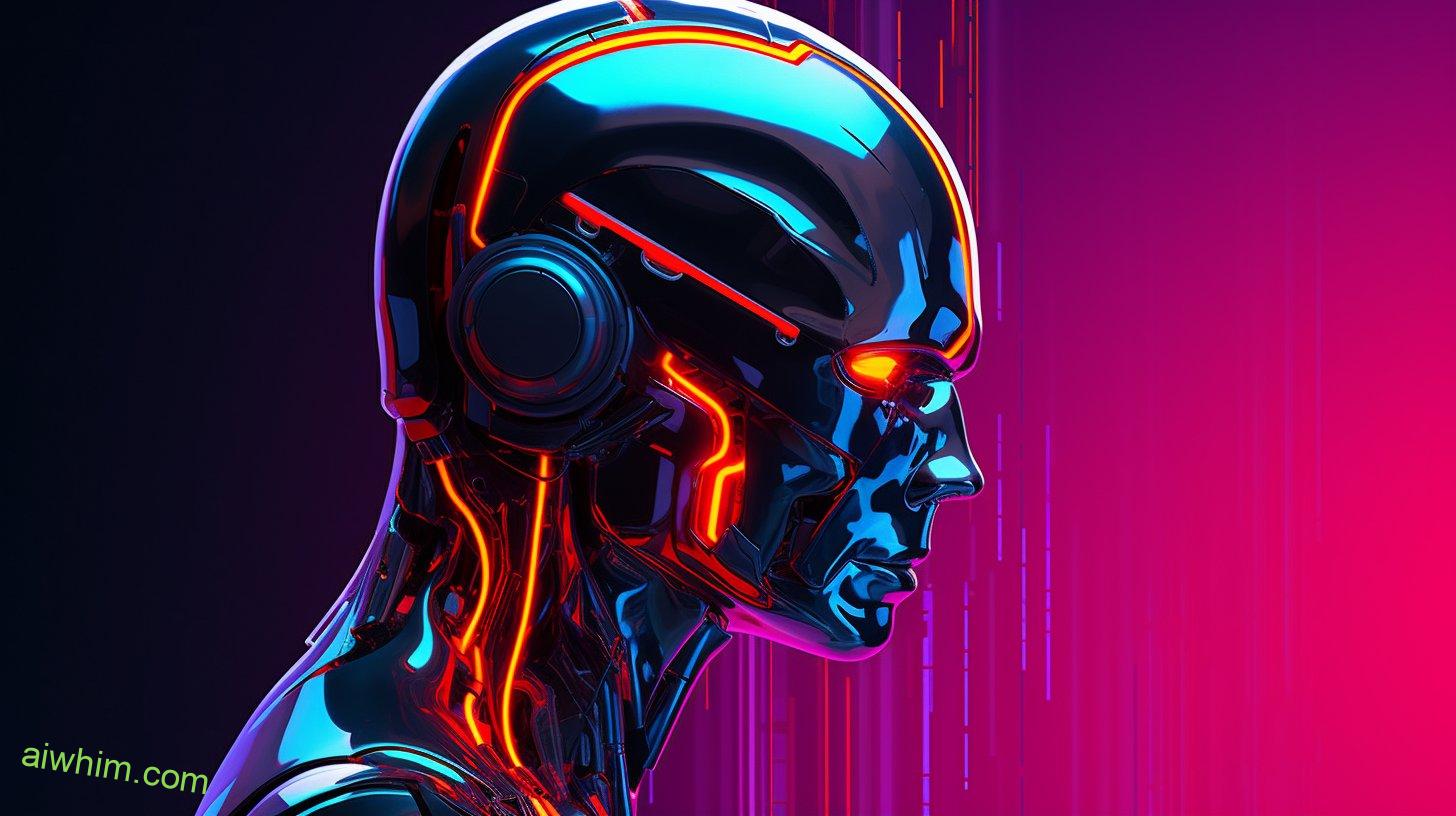
The Future of AI in Elementary Education
As technology continues to advance, the integration of artificial intelligence in elementary education is becoming increasingly prevalent. The future implications of AI implementation in the classroom are vast, and they offer a new level of freedom and potential for students.
Here are three significant ways in which AI can shape the future of elementary education:
- Personalized Learning: AI can analyze each student’s learning style, strengths, and weaknesses, allowing for personalized lesson plans and tailored instruction. This individualized approach empowers students to learn at their own pace, fostering a sense of freedom and autonomy in their educational journey.
- Enhanced Engagement: AI-powered educational tools can make learning more interactive and engaging. Virtual reality simulations, educational games, and interactive lessons can captivate students’ attention and make the learning process enjoyable. By making education more fun and exciting, AI implementation can create an environment where students are eager to explore and discover.
- Teacher Support: AI can alleviate some of the administrative burdens on teachers, allowing them to focus on building meaningful relationships with their students. Automated grading, data analysis, and lesson planning can save valuable time, enabling teachers to dedicate more attention to individual students’ needs. This support system can provide teachers with the freedom to be creative, compassionate, and inspirational educators.
As AI continues to evolve and integrate into elementary education, its implementation holds great promise for the future. By embracing AI, we can create an educational environment that’s personalized, engaging, and supportive. With AI as a valuable tool in the classroom, students can enjoy the freedom to learn in a way that suits them best, helping them reach their full potential.
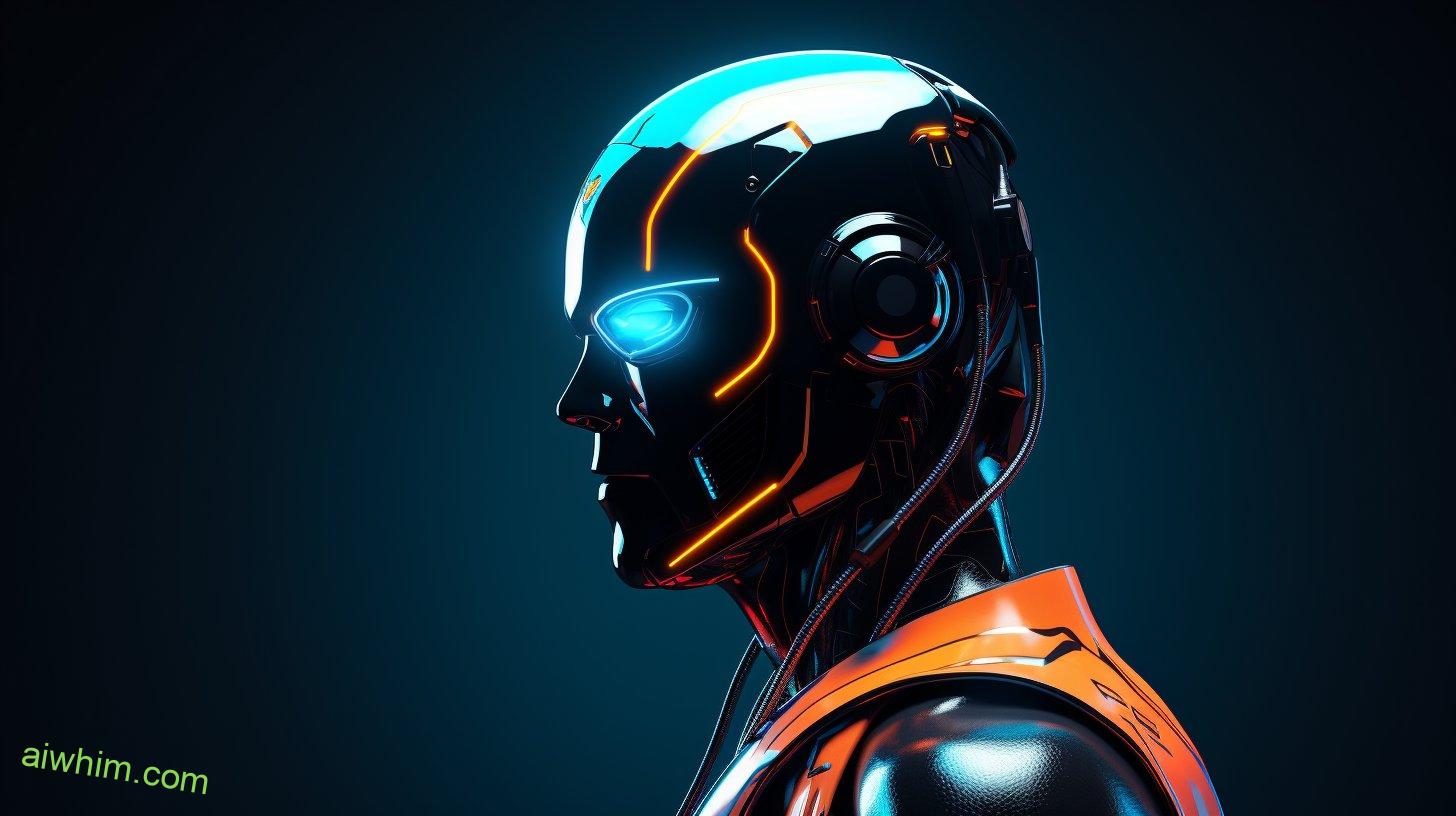
Frequently Asked Questions
How Does AI Technology Impact the Social and Emotional Development of Elementary School Students?
AI technology has a substantial impact on your social and emotional development. It raises ethical considerations and may hinder your academic performance. However, it’s important to explore the potential benefits and drawbacks before making any conclusive judgments.
Can AI Technology Effectively Adapt to the Individual Learning Needs and Styles of Each Student?
AI technology can effectively adapt to your individual learning needs and styles through personalized learning. It offers adaptability in tailoring educational content, providing feedback, and tracking progress, enhancing your learning experience.
What Are the Potential Long-Term Effects of Relying Heavily on AI in Elementary Education?
Imagine a future where AI heavily influences elementary education. This reliance could have potential economic consequences and impact critical thinking skills. Freedom-loving individuals should consider the long-term effects of this shift.
How Does the Use of AI in the Classroom Affect the Role of Teachers as Mentors and Role Models?
As a mentor and role model, your role is still crucial in the classroom. AI can be a helpful supplement, allowing you to focus more on facilitating learning and providing individualized support.
What Are the Potential Ethical Concerns Surrounding the Use of AI in Elementary Education?
Are you aware of the potential ethical concerns surrounding the use of AI in elementary education? Privacy issues and the need for human interaction should not be overlooked in the pursuit of technological advancements.
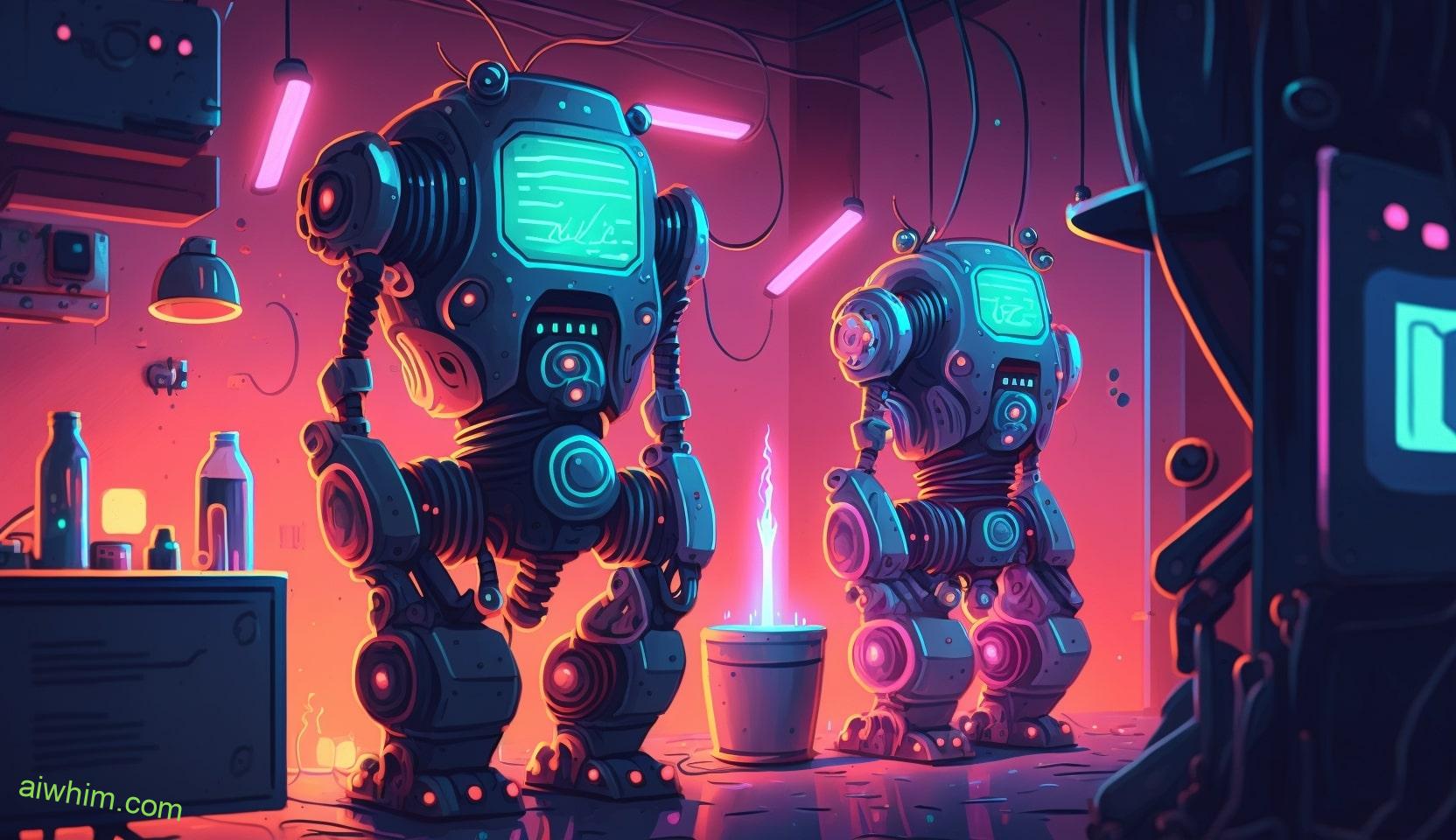
Conclusion
In conclusion, while AI technology has the potential to enhance personalized learning in elementary education, it can’t fully replace the role of human teachers.
Like a compass guiding students through uncharted territories, teachers provide the essential human connection and guidance that AI can’t replicate.
The future of AI in elementary education lies in finding the right balance between AI technology and human interaction, creating a dynamic and engaging learning environment for students.

